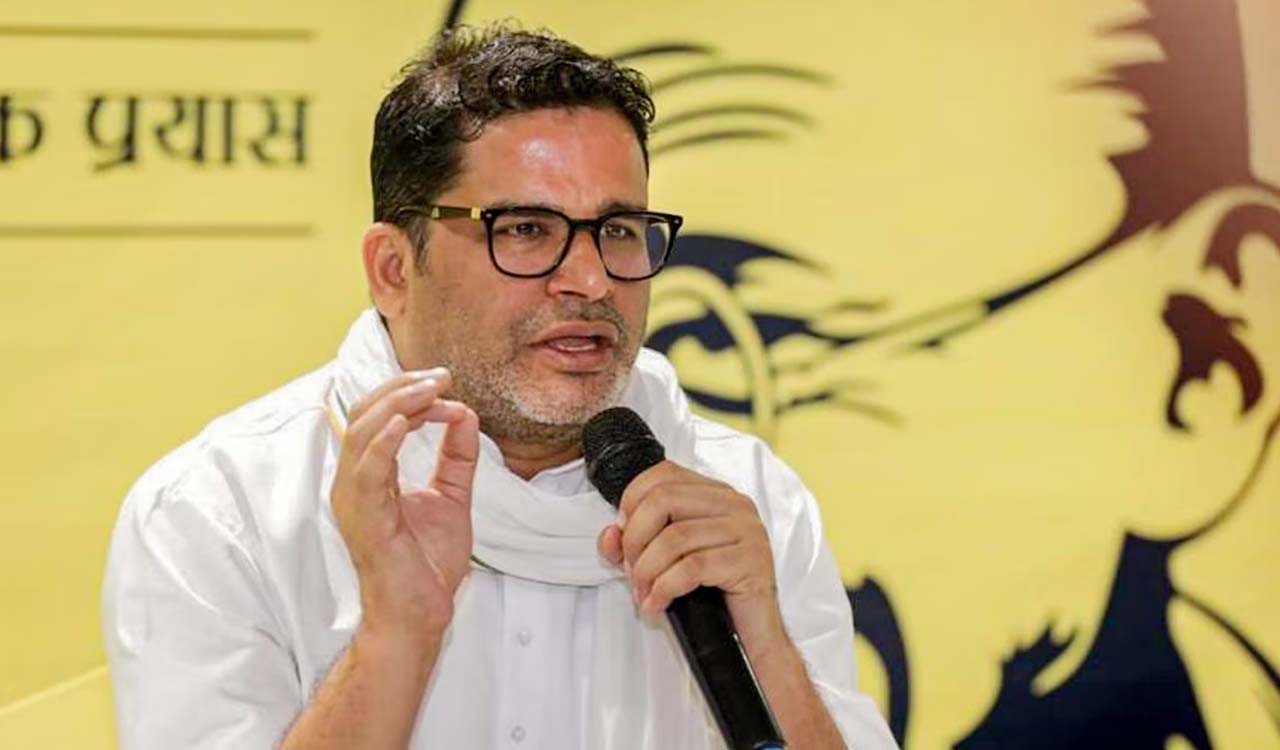Opinion: India’s growing marital crisis, a collapse of values
The rising burden on Family Courts reflects not just marital discord, but the erosion of ethics, empathy, and values that once held families together

By Tadakamalla Muralidhar
In Hindu tradition, marriage is regarded as a sacred sacrament that unites two individuals and their families. However, the present marriage system in India, whether arranged or love, is under significant pressure and witnessing a transformation due to declining family values. Joint families are no longer as common as they once were. One of the reasons for this is the absence of elders to guide the younger generation.
Spouses often shift responsibility and accountability for their own actions, engaging in the “blame game”, which results in misunderstandings, quarrels, and unhappiness in marital life. The harmony between the spouses is damaged, and a bitter experience is left between the two families of the married couple. Consequently, there is an increased possibility of the marital bond breaking, leading to negative perceptions about one another.
The ego of “me, mine” distances the couple from the sense of “we, ours”. Adding fuel to the fire, interference from parents can further damage the marital system. In today’s society, extramarital affairs, often justified in the name of modernity, are destroying the sanctity of marriage. Thus, situations frequently arise where spouses no longer wish to live together.
Family Courts Act
To address such issues, the Central government enacted the Family Courts Act in 1984, aiming to resolve the marital rift, misunderstandings, and conflicts between married couples through mediation and to provide speedy justice. The Act’s primary goal is to keep couples together rather than encouraging divorce.
In Telangana, three Family Courts were established for the first time in 1994 at the level of District Judge. Today, there is one Family Court in each district headquarters, apart from two Family Courts in Hyderabad City limits, one Family Court in Secunderabad limits, three Family Courts in NTR Nagar in Rangareddy district limits, and one each in Malkajgiri and Kukatpally.
Each Family Court currently has around 2,500 pending cases, with every Presiding Judge handling about 100 cases per day. Owing to the increasing caseload, Family Courts also function on Saturdays unlike other courts. Presiding Judges are working under a lot of pressure, carrying a heavy burden because of the huge number of cases piled up before them.
No Easy Task
Dispensing justice as desired by divorcing couples is not an easy task. Both sides often hurl accusations at each other, driven by stubbornness, jealousy, and hatred, and sometimes they even argue in the courtroom. Filing cases with malicious intention, violating court orders, and even accusing judges of bias or delay have become increasingly common.
Before the advent of the Family Courts Act, 1984, matters relating to estranged spouses were handled separately by three judges, namely the District Judge, the Senior Civil Judge, and the Magistrate. However, after the enactment of the Act, all such duties were consolidated under the Family Court Judges. The primary duty of the Family Court Judge is to bridge the gap between couples through mediation and help them reconcile so they are together. Only as a last resort should the Family Court judge grant a divorce.
Each Family Court now handles nearly 2,500 pending cases, with judges hearing about 100 matters a day. The relentless pressure has forced courts to function even on Saturdays
Besides, Family Courts handle issues such as restoration of conjugal rights, judicial separation, declaration of marriage as nullity, custody of children, property disputes, maintenance (temporary and permanent), and domestic abuse cases.
Irreconcilable Differences
A significant portion of divorce cases today involves young, financially stable couples. There has been a sharp rise in two types of cases: divorce by mutual consent under Section 13-B after one year of marriage and annulment under Section 12 within a month of marriage. Under Section 13-B, the most common reason cited by couples for divorce is ‘irreconcilable differences’. Post-divorce, issues like child custody and visitation rights become a herculean task.
Whereas, under Section 12, the foundational issue typically concerns impotence in men or frigidity in women. In divorce cases by mutual consent, the courts can somehow reconcile couples and make an attempt for reunion by negotiation or mediation. But in cases of annulment, courts cannot compel couples to remain together. Their task is to confirm the foundational issue by seeking expert opinions before granting annulment.
Unlike criminal cases, which can conclude in a few hearings, family disputes require patient reconciliation efforts, since the main task is to reunite the husband and wife rather than granting a divorce. The Presiding Judge must identify problems such as emotional misunderstandings, facilitate open communication, and help couples find common ground to resolve their issues.
It can be said without doubt that today the Indian marital system has weakened in the name of modernisation. A change in the mindset of spouses and their families is the only solution for a happy and harmonious marital life.

(The author is a Retired District Judge)
Related News
-
87 dead as US sinks Iranian warship off Sri Lanka
9 mins ago -
Khamenei’s son seen as contender as Iran faces leadership question
2 hours ago -
Over 13,000 skip Intermediate exams in Telangana
4 hours ago -
Hyderabad: Three held with MDMA in Miyapur
4 hours ago -
Telangana govt sets deadline for Singur canal works
4 hours ago -
Minister Surekha’s daughter Susmitha lays claim to Parkal Assembly seat
4 hours ago -
Revanth Reddy govt’s 99-day action plan clouded by funding ambiguity
4 hours ago -
Middle East Crisis: Flights to India partially resumed after five-day disruption
4 hours ago




